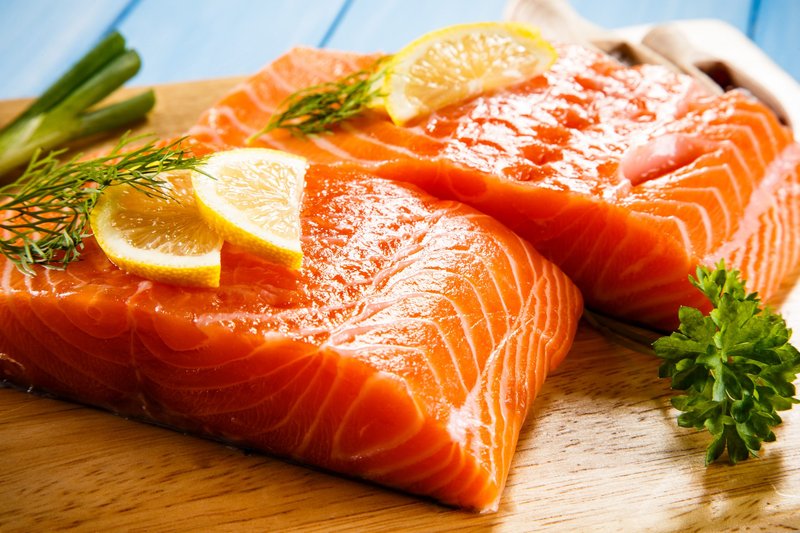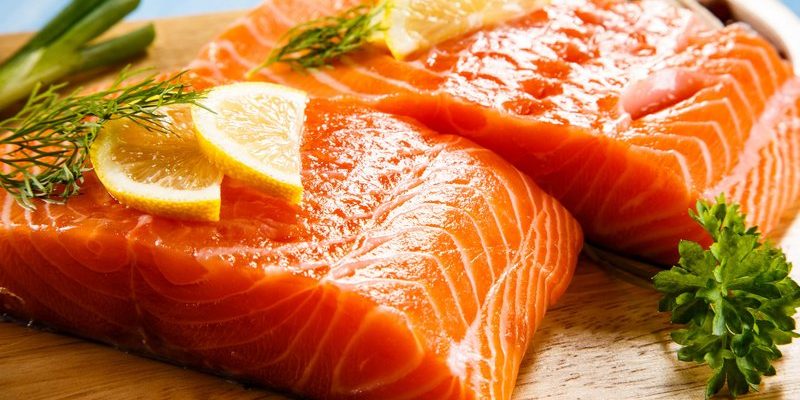
Let’s dive into the fascinating world of salmon in culture and folklore. From indigenous tribes in North America to Celtic traditions in Europe, the salmon’s role is rich and diverse. Understanding how salmon is represented can give us a new perspective on not just the fish itself but also the communities that revere it. So, grab a cup of coffee, and let’s explore this slippery subject!
Salmon in Indigenous Cultures
In many indigenous cultures of the Pacific Northwest, the salmon is a vital part of life. For these communities, salmon isn’t just a food source; it’s a symbol of life, sustenance, and the cycle of nature. Tribes like the Tlingit and the Haida celebrate salmon through ceremonies and stories that honor its journey upstream to spawn. These tales often illustrate themes of resilience and the connection between humans and nature.
One of the most cherished stories is about the Salmon People who believe that salmon are not just fish but relatives. According to their beliefs, when salmon are caught, it’s important to express gratitude. This practice reinforces a deep respect for nature and the resources it provides, emphasizing that taking life is balanced with appreciation and responsibility.
In these cultures, salmon’s yearly return is also seen as a powerful reminder of patience and perseverance. People eagerly await the salmon runs, knowing that their arrival signifies abundance and the continuation of life. It’s like waiting for the first signs of spring after a long winter; the salmon’s journey is as much about hope as it is about survival.
Salmon in Celtic Traditions
Over in Europe, particularly among Celtic tribes, salmon also holds a revered place. In Irish mythology, the Salmon of Knowledge features in stories where it is believed that whoever eats the salmon will gain immense wisdom. This idea places the fish on a pedestal, associating it with knowledge and enlightenment.
In these tales, the salmon often swims in magical waters, representing the journey one needs to take to attain wisdom. Imagine this: fisherman catching a glimpse of the elusive fish, knowing it’s more than just a meal—it’s a pathway to understanding the mysteries of life. This also reflects the importance of quests and trials; much like in life, achieving wisdom often requires effort and determination.
Moreover, the salmon’s movement in water symbolizes the flow of time and knowledge, a reminder that wisdom is fluid and ever-changing. Each leap through the water is like a new lesson learned, constantly evolving with our experiences.
Salmon and Spiritual Beliefs
Salmon’s importance stretches into the realm of spirituality, too. Many cultures view this fish as a messenger or a symbol of strength and renewal. In some Native American traditions, salmon are seen as sacred creatures that carry the spirit of the ancestors. Their yearly return to rivers is interpreted as a sacred cycle of life, death, and rebirth.
This spiritual connection can also be seen in rituals and festivals celebrating the salmon’s return. People gather to fish, feast, and share stories, creating a sense of community and belonging. It’s like a giant family reunion where everyone remembers their roots and honors what nature gives them.
Additionally, in many cultures, salmon symbolize transformation and adaptation. Just as salmon navigate harsh waters to spawn, people too go through challenges in life. This connection to resilience fosters a sense of hope and strength within communities, encouraging individuals to push through difficult times.
Salmon in Contemporary Culture
In today’s world, salmon continues to inspire artists, writers, and chefs. From paintings and novels to mouth-watering gourmet dishes, the cultural relevance of salmon has transcended its natural habitat. People find joy in creating new recipes or writing stories that feature this fish, paying homage to its legacy.
Moreover, environmental issues surrounding salmon are prominent today, reflecting society’s growing awareness of nature and sustainability. Organizations and activists advocate for the protection of salmon habitats, linking the fish to conservation efforts. This brings a modern twist to the traditional respect for salmon, showing how its representation has evolved while still honoring the past.
You might be wondering how this relates to our current lifestyle. Well, by celebrating salmon, we not only acknowledge its cultural significance but also highlight our responsibility to protect the ecosystems that sustain it. It’s a reminder that the stories we tell and the choices we make have real-world impacts.
Salmon in Art and Literature
Art and literature have long drawn inspiration from salmon, often using the fish as a symbol of life’s deeper meanings. In novels, poems, and visual art, salmon frequently represent themes of transformation, perseverance, and the interconnectedness of life. For instance, writers might depict the salmon’s struggle against the current as a metaphor for personal challenges we face.
Many contemporary artists portray salmon in their work, illustrating the beauty and grace of these fish. Through vibrant paintings or intricate sculptures, artists capture both the physical and spiritual essence of salmon, inviting viewers to reflect on their own relationship with nature.
Moreover, literature that revolves around salmon often delves into cultural histories, emphasizing how intertwined our lives are with nature. Books focused on the salmon’s journey serve not just as environmental commentary but also as stories of hope and survival, teaching us about the importance of community and heritage.
The Future of Salmon in Culture
Looking ahead, the cultural representation of salmon is likely to keep evolving. As more people become aware of environmental issues, the narratives around salmon may shift towards conservation and sustainability. We might see a resurgence in storytelling that emphasizes our responsibilities to protect these valuable creatures and the ecosystems they inhabit.
Additionally, as communities come together to tackle climate change, the symbol of salmon could serve as a powerful unifier. It can remind us of our shared history and the collective actions needed for a sustainable future. Just like salmon navigate their way upstream, communities will need to work together to overcome challenges, ensuring that future generations can also honor and celebrate this iconic fish.
In conclusion, the representation of salmon in culture and folklore is a rich tapestry woven with history, spirituality, and contemporary concerns. From ancient indigenous practices to modern artistic expressions, salmon represents much more than a source of food; it embodies resilience, knowledge, and our connection to nature. As we continue to explore and appreciate these diverse narratives, we not only enhance our understanding of salmon but also of ourselves and the world we inhabit.

